Indulge your sweet tooth with the 14 best vegan agave nectar substitutes. This list includes liquid and granulated solutions to choose the right substitution for added satisfaction and the sweetest results.
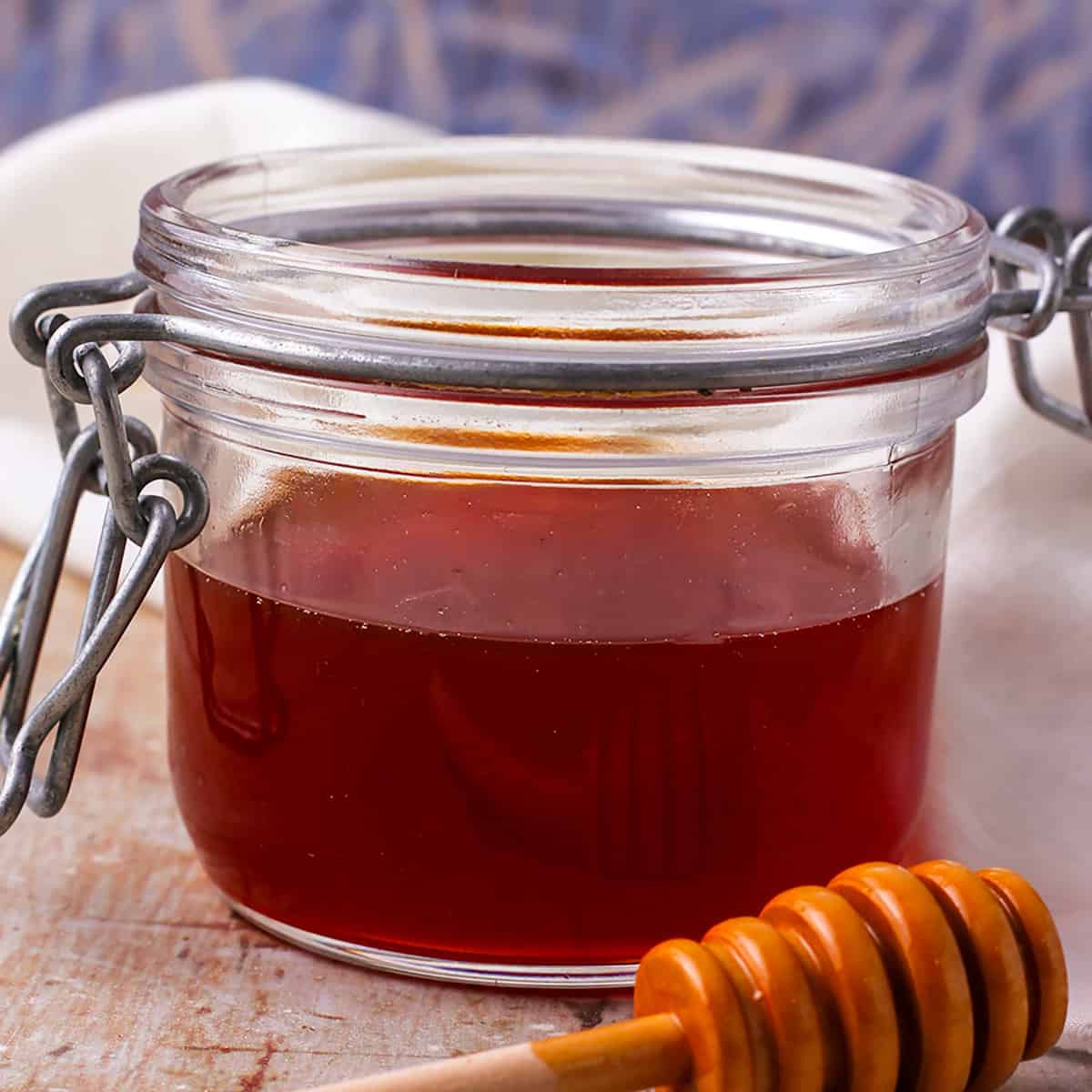
Table of Contents
If you've looked for vegan sweeteners, you likely encountered agave nectar (agave syrup). It looks a little like honey, with a similar texture.
Whether you're out of agave, looking for a vegan sweetener for a specific recipe, or need a little sweetness with your morning caffeine, below are 14 solutions.
This list is not exhaustive. But it will get you on a sweeter path with a few ideas for liquid and granulated options to replace agave.
Liquid Sweeteners
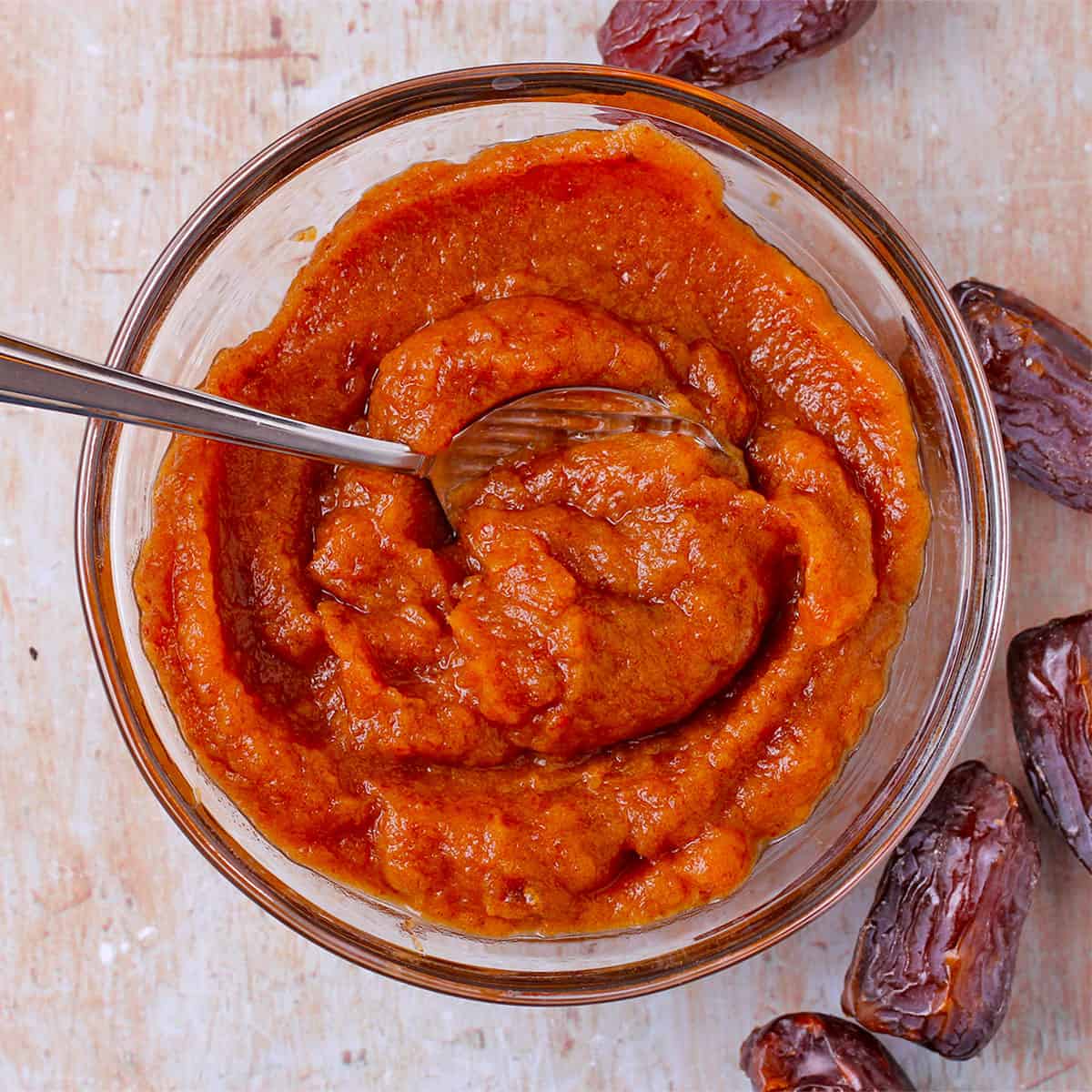
Date Paste. Date paste tops my list as a natural sweetener (dates and water). It's great for baking, spreading on toast, and dropping into sauces or salad dressings. Make homemade date paste - it's super easy!
Brown Rice Syrup (brown malt syrup). I ran across Brown rice syrup at an Asian market several years ago and got hooked. It's less sweet than agave syrup but makes a great substitute for any liquid sweetener.
Date syrup. Like date paste, it's made from dates and water. Rather than whipping it up in your blender, like date paste, date syrup is produced by cooking, and then the mixture is pressed to extract the juice. The result is concentrated syrup.
Fruit syrup and paste. Other fruit syrups and pastes are similar to those made with dates. Fruit pastes, made by blending dried fruit and water, are a good option when you want to flavor dishes like mango curry. Check that your alternative starts with dried fruit that doesn't contain additives. If they are sweetened, they should be with fruit juice, not sugar.
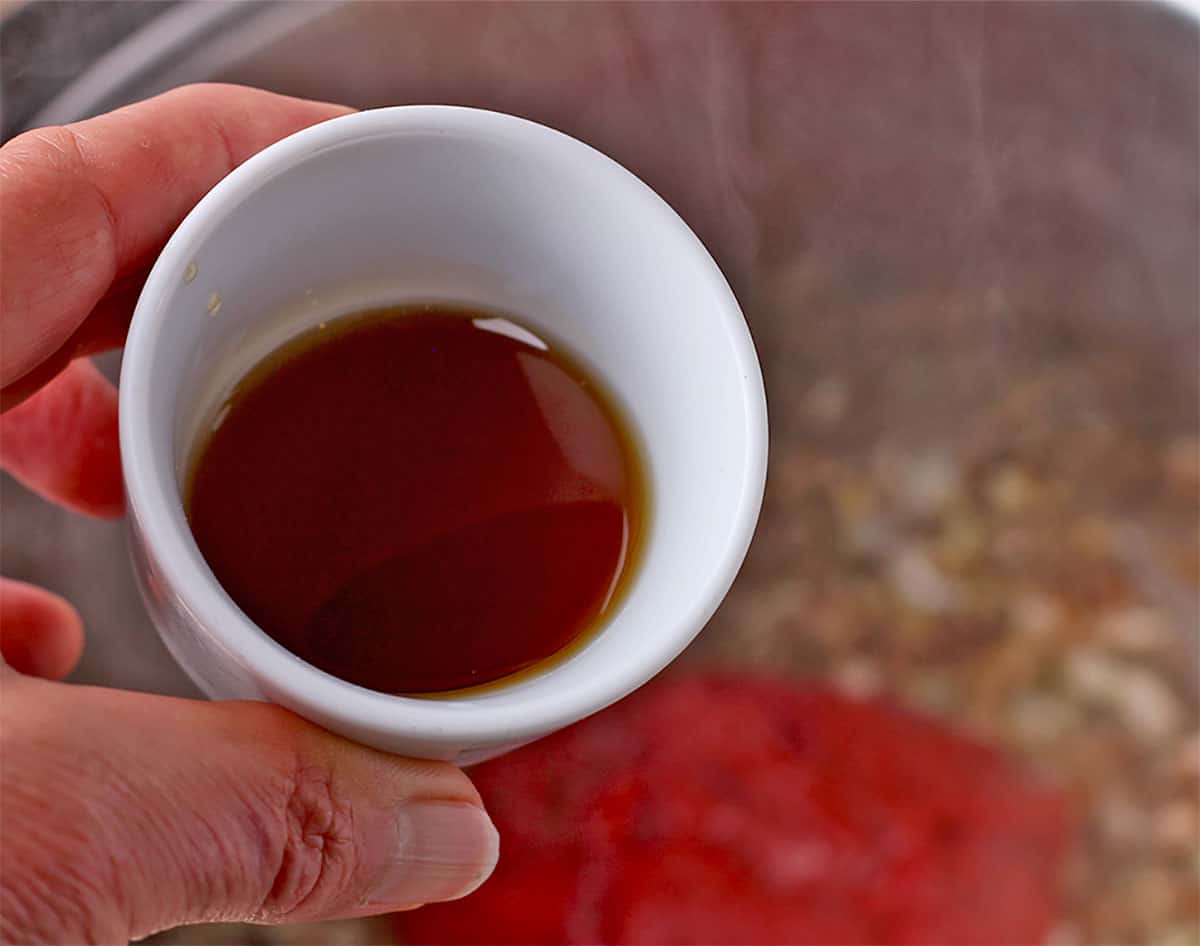
Pure Maple Syrup. Maple syrup is a popular sweetener in vegan cooking and baking. Most of us know it comes from the sap of maple trees; however, not all maple syrup is the same. There are different grades and colors, ranging from golden syrup to dark. Read the labels and be prepared to pay extra for real maple syrup.
Blackstrap Molasses. Don't let the fact that it's a byproduct of cane sugar production fool you. According to the USDA, blackstrap molasses contains many nutrients like iron, calcium, magnesium, potassium, phosphorus, B6 and is an excellent source of iron. Blackstrap is slightly bitter and very thick, so it might not be one of the best substitutes for hot beverages. Consider adding it to baked goods, sauces, and dressings.
Yacon syrup. Extracted from the yacon plant of South America, yacon syrup has a molasses flavor. If you try this, use it sparingly, as it has been known to cause cramps and bloating for some folks. It's probably not the first choice as a simple syrup shot for your morning coffee. It's more suitable for those baked beans you've been yearning for.
Sweet Vinegar
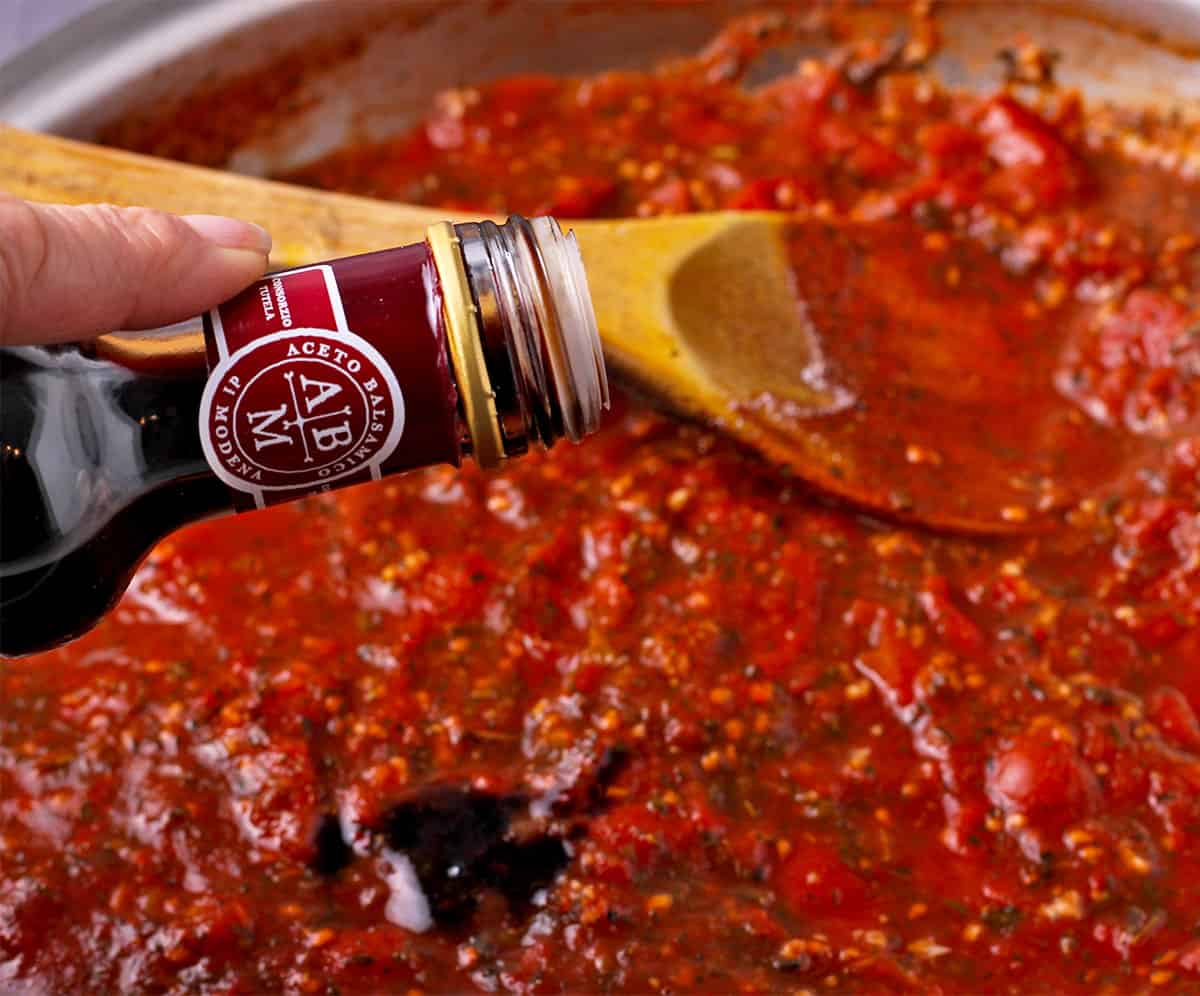
Balsamic vinegar. If you want to add a touch of sweetness to your favorite sauces and salad dressings, balsamic vinegar might be the lift you’re looking for. This dash of sweetness comes in various grades, so read your labels. Try it in spaghetti arrabbiata - delishious!
White Balsamic Condiment. Commonly called white balsamic vinegar. This is a white, sweeter version of balsamic vinegar. Try it in my homemade vegan mayo recipe, and you'll understand why it's always in my cupboard.
Granulated Sweeteners
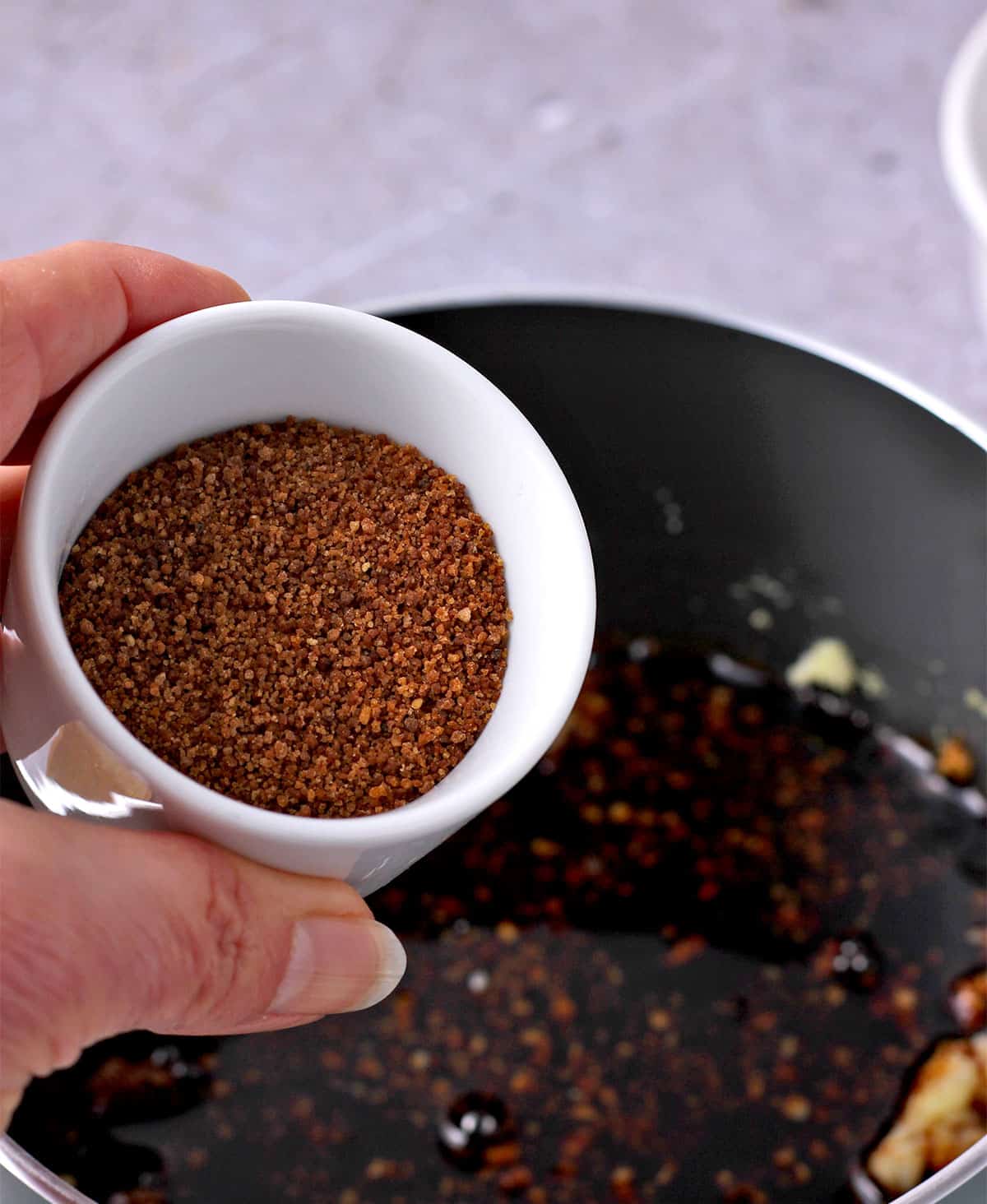
Coconut Sugar. A natural sugar made from coconut palm sap, coconut sugar, also known as coconut palm sugar, is brown, granulated sugar. The sugar content of coconut sugar is high, so don't use it in abundance and claim health benefits later.
Date Sugar. Sometimes called palm sugar, date sugar differs from coconut sugar. As the name implies, date sugar comes from ground-up, dried dates. Date sugar has one-third fewer calories than regular sugar. Like all things date-related, it has fiber and nutrients. It might be more difficult to find in the grocery store, but well worth the search.
Palmyra Jaggery. Relatively new on the market, Palmyra Jaggery, also known as Suga Vida, is a plant-based sugar alternative low in the glycemic index and a good source of B12, according to Healthline. It comes from the sap of the Palmyra palm tree grown in Sri Lanka and India. Warning – it's very sweet, so use it sparingly.
Coconut Blossom Nectar. Like maple syrup, you can get coconut blossom (coconut nectar) as a liquid or in crystalized form like sugar. It's expensive if you can find it. There are better options on this list.
Monk Fruit Extract. This is another natural sweetener now becoming widely available. You will probably find it under the name Lo Han Go. It comes from the Buddha fruit, a small round fruit from Southeast Asia. The sweetness, a whopping 100-250 times that of sugar, comes from the antioxidants mogrosides rather than fructose or glucose.
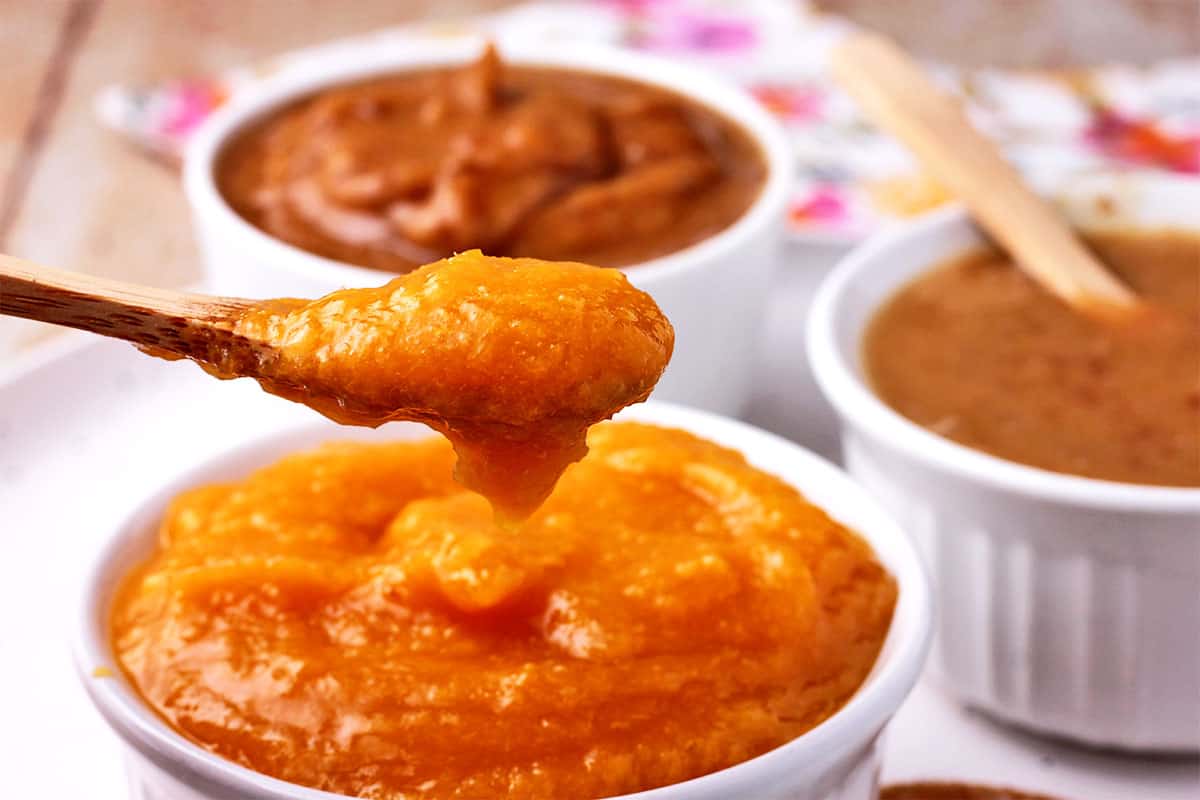
How to Contribute to this List
Do you know of a healthy vegan sweetener that deserves mention? Do you have a burning question about sweetening a recipe? Contact Denise (that's me) using the contact form or comment below. Thanks!


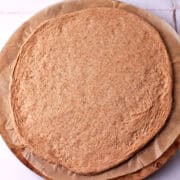
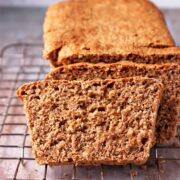

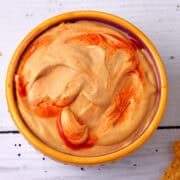
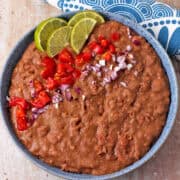
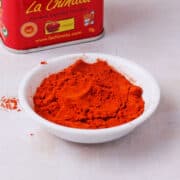
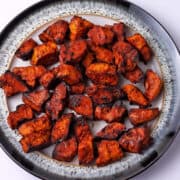
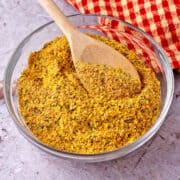
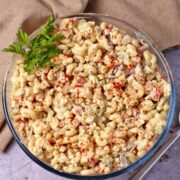
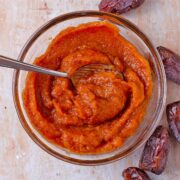
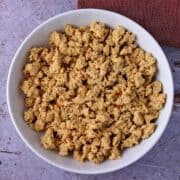
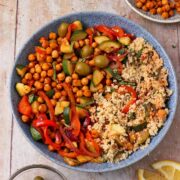
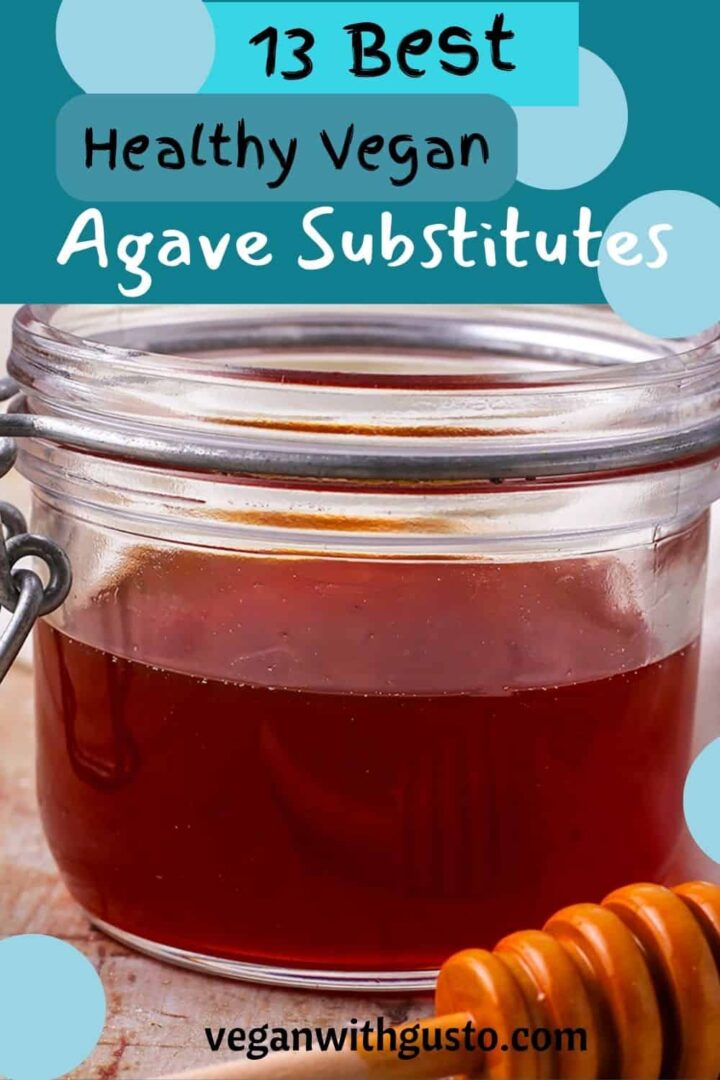
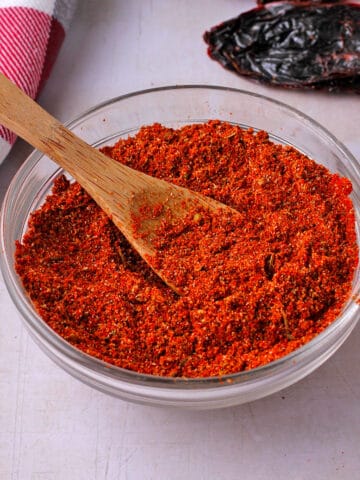
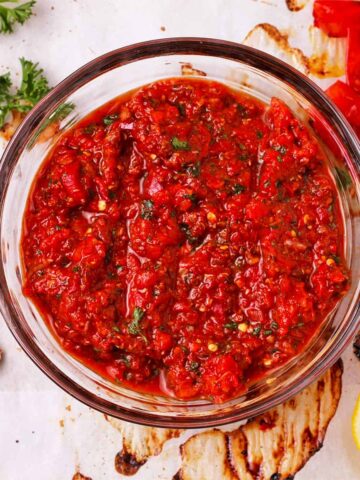
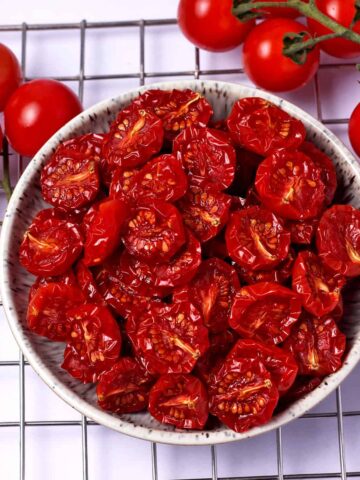
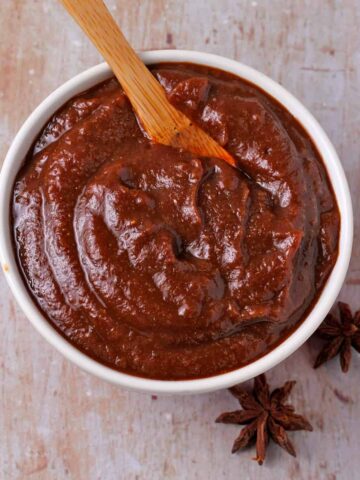
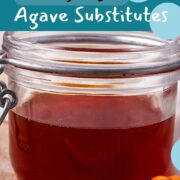
Leave a Reply